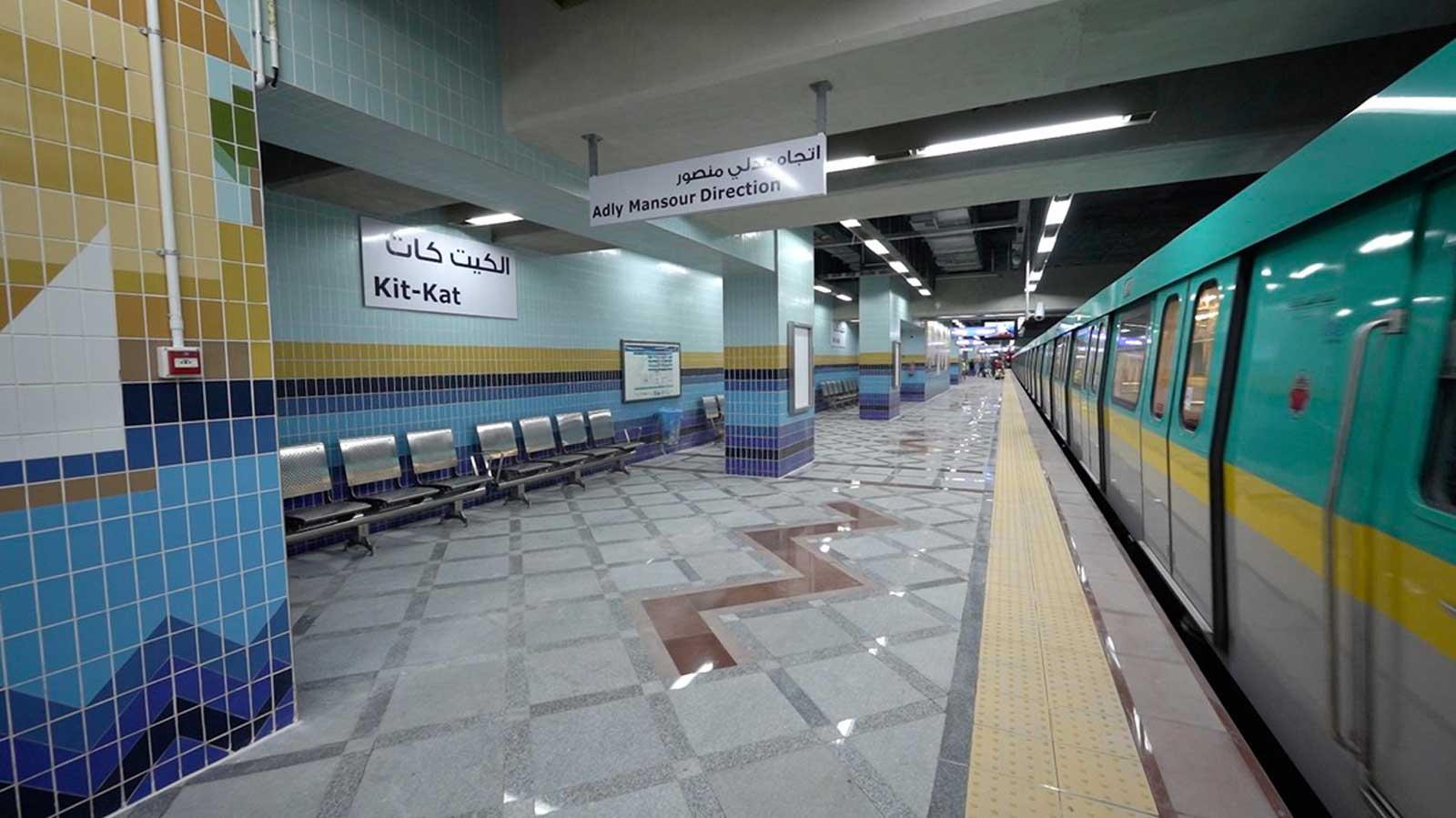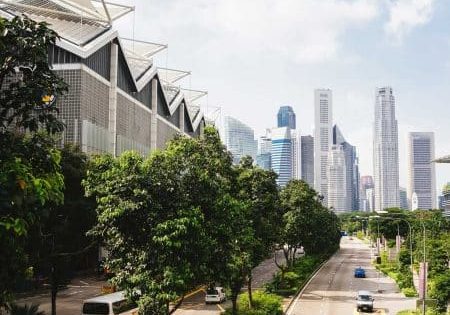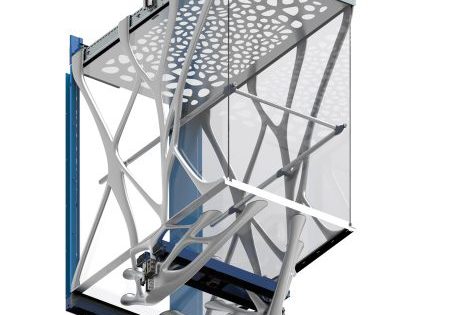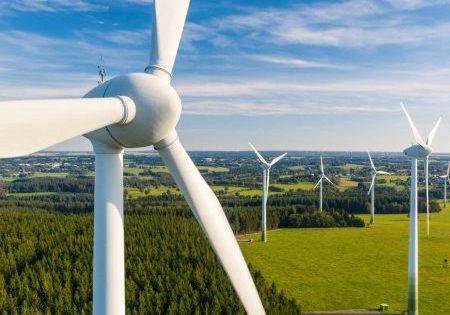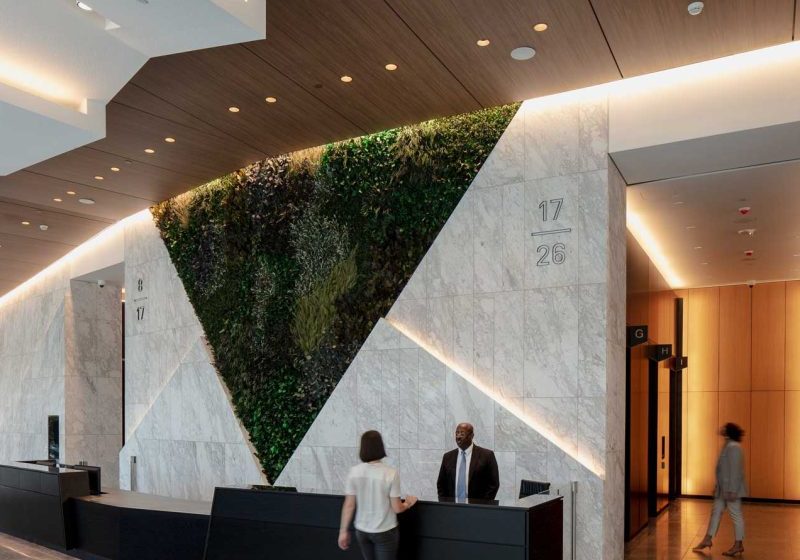New market opportunities for VT firms as Egypt expands metro system
Egypt, through the Ministry of Transport’s National Authority for Tunnels (NAT), has continuously invested in the development of the country’s urban transport infrastructure. This effort has created additional capacity for passengers otherwise fighting for space in less environmentally friendly modes of transport — particularly roads.
The NAT investment includes expansion of the metro system in the country’s capital, Cairo, as well as development of monorail projects that are opening new opportunities for vertical-transportation (VT) companies to deliver, install and service elevator and escalator equipment. NAT’s latest project entails construction of two monorail lines: a 54-km line from East Cairo to the New Administrative Capital (NAC) with 22 stations and a depot and a 42-km line connecting the Giza Governorate to Sixth of October City with 12 stations and a depot. When completed, the project will be the longest monorail system in the world. The lines “will enable fast, sustainable, comfortable and safe transportation for 45,000 passengers per h in each direction,” according to Cairo-based engineering, procurement and construction contractor Orascom Construction PLC, one of the consortium members undertaking the project.
Other members include Berlin-based Canadian-German rolling stock and rail transport manufacturer Bombardier Transportation and leading Middle East and Africa construction company Arab Contractors. Orascom Construction will design and build all infrastructure and civil works, including stations, guideway structures and new depot buildings.
The project adds to the growing list of transport sector infrastructure developments that have attracted leading VT companies to the Egyptian market. Swiss multinational company Schindler has become the latest VT player to win a contract to deliver at least 136 two-stop elevators and 272 escalators for the Cairo monorail project.
As more VT companies invest in R&D to meet growing, diverse customer needs, Schindler has designed a control system for the elevators and escalators to be installed at the Cairo monorail project.
Schindler’s Senior Project Manager Joseph Gerges tells ELEVATOR WORLD the company will supply S2400 and S2600 elevators with a speed of 1 m/s, as well as S9700 escalators with a speed of 0.64 m/s for the monorail project.
As more VT companies invest in R&D to meet growing, diverse customer needs, Schindler has designed a control system for the elevators and escalators to be installed at the Cairo monorail project, with the goal of easing the movement of a minimum of 45,000 people passing through the various stations of the two lines. For the elevators, Gerges said Schindler has provided the “scalable controller, SC 1.0, an elevator control component based on a distributed system intelligence connected via a ‘state-of-the-art’ Controller Area Network (CAN) bus system and OEM BIO bus system for landing fixtures.” As for the escalators, he said Schindler has provided a new control system to the company, the MIC-S7 PLC.
Gerges says the 136 Schindler elevators include Sematic 2000B center opening doors (C2) and landing doors and Sematic 2000B-MF car doors. Delivery of the elevators and escalators began in December 2022 and is expected to be complete in August 2023. Installation started in February 2023 and is planned to take one year, depending on client site readiness, according to Gerges.
Schindler is not new to major capital projects in Egypt. The company was awarded a tender in May 2021 to deliver and install 129 high-rise elevators to six office towers under construction in NAC, Egypt’s first smart city, which is the size of Singapore, covering 700 km2 in the desert east of Cairo. A statement by Schindler at the time said the towers will be equipped with Schindler PORT technology to optimize traffic flow throughout the buildings. “I am proud that our cutting-edge technology will help transport people in Egypt’s new capital sustainably, safely and efficiently,” said Schindler CEO Thomas Oetterli.
Elsewhere, another leading VT player, Otis, previously delivered and installed more than 180 escalators and elevators at several of the stations of Egypt’s first electrified Light Rail Transit system. Part of China’s Belt and Road Initiative and built by a consortium of China Railway Group and Aviation International China, the 70-km line connects Cairo City to Egypt’s NAC and 10th of Ramadan City, as well as provides an essential link between key urban centers and satellite cities.
The Light Rail line has 12 stations with capacity to carry up to 360,000 passengers daily, according to Otis’ previous statement. The company said it delivered more than 110 units a few months after the contract was awarded and was able to mobilize “about 140 technical field experts from China to work with Chinese and Egyptian contractors in Cairo to complete escalator and elevator installation and testing to meet the opening timeline.”
“With the successful completion of this project on schedule and to quality and safety standards, Otis has once again demonstrated strong capabilities in implementing complex, cross-border Belt and Road infrastructure projects,” said Perry Zheng, president of Otis China Area and chief customer product officer.
Earlier in 2019, another leading global VT company, TK Elevator (TKE), delivered and installed 69 escalators, as well as serviced and maintained 432 elevators for the Cairo Metro. The company expressed optimism about supplying more of its escalators, especially as NAT continues building new stations, such as the Haroun el Rashied Station, Alf Masken Station and El Shams Club Station. “TKE is really proud to be part of the Cairo Metro’s rapid development,” the company said in 2019.
Looking forward, Egypt is currently implementing its US$2.4 billion Urban Transport Infrastructure Framework project. The project, which is 50% financed by the European Investment Bank (EIB), provides more opportunities for the delivery, installation and operation of VT equipment and consists of a framework loan to cover urban rail schemes in cities across Egypt. In particular, the project centers on investments in the rehabilitation and expansion of metro and tram systems in Alexandria and Cairo.
According to NAT, in the next five years, the infrastructure project will address the challenge of over-reliance on road transport in the cities of Alexandria and Cairo. The project seeks to reduce dependance on roads, which has caused high levels of pollution, traffic accidents and GHG emissions, by developing alternative transportation modes, especially metro transport.
For example, NAT is rehabilitating the existing metro line two of the Cairo Metro network — renewing the signalling system, power supply and parts of the tracks — to boost the number of passengers traveling through the metro system. Increased metro use is expected to grow Egypt’s lift and escalator market, as passengers rely on the VT equipment to ease travel through the stations.
In 2010, nearly 23 years after the opening of the Cairo Metro, the annual number of passengers rose to 805 million. This total is reported to have surpassed 2.2 billion annually by 2020, triggering a continuous expansion of the metro transport within Egypt’s capital city. With Egypt’s construction of metro systems and rail networks keeping pace with the country’s fast-growing urbanization trends, VT players are expected to seize the moment and increase their share of this thriving market segment.
Get more of Elevator World. Sign up for our free e-newsletter.
